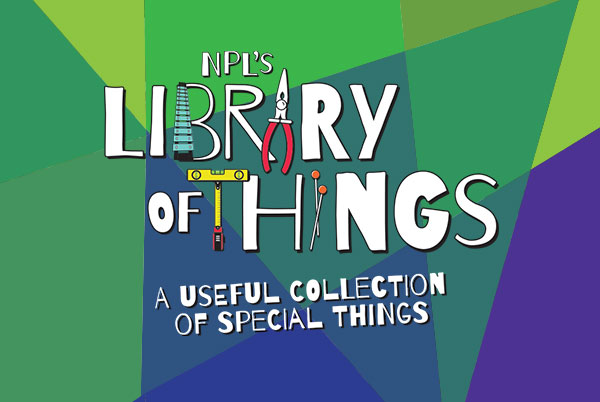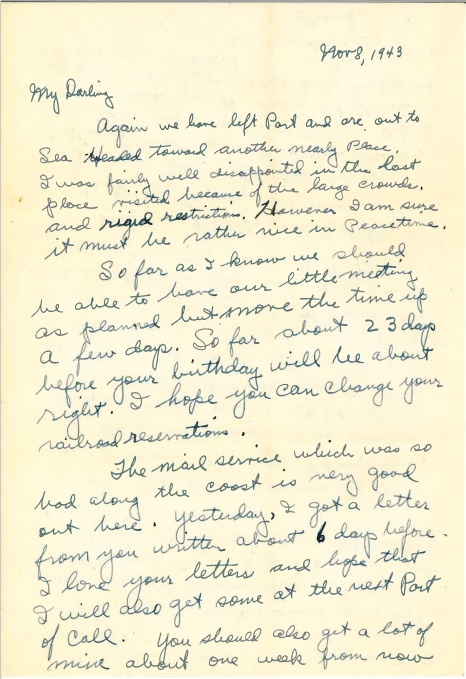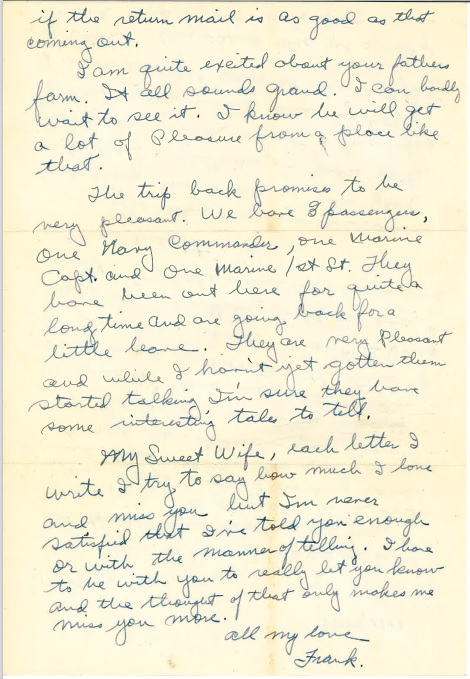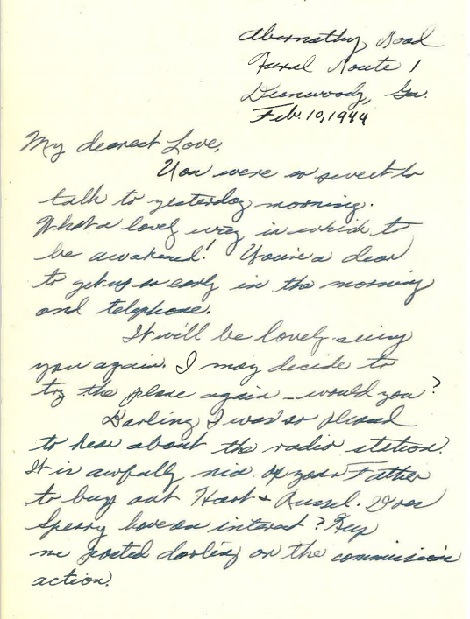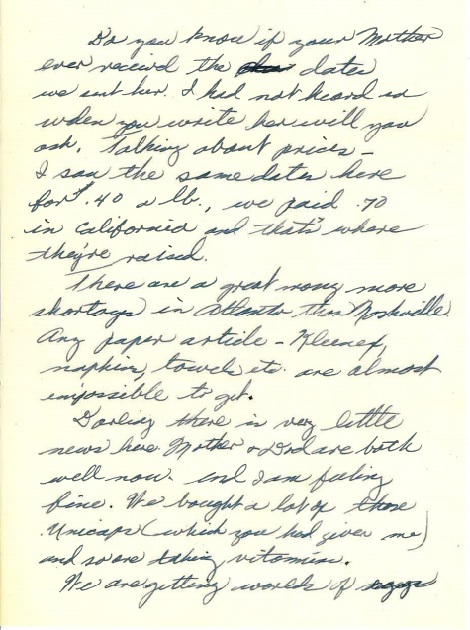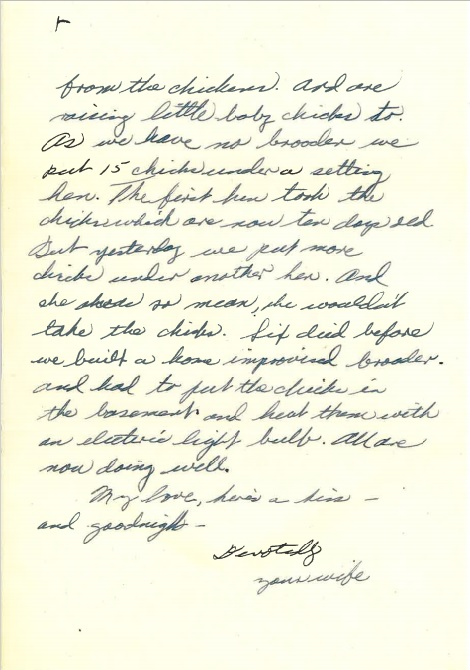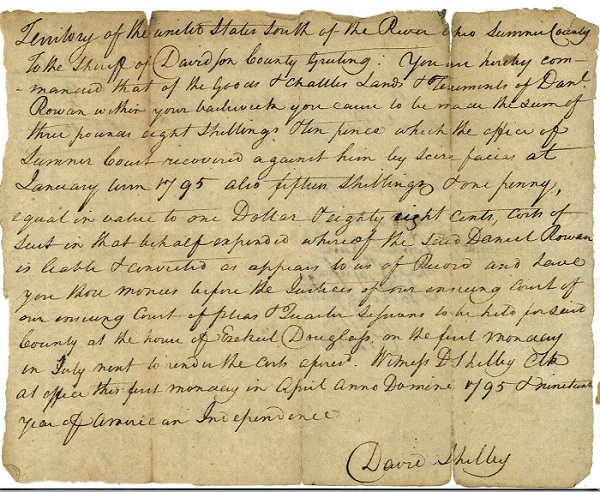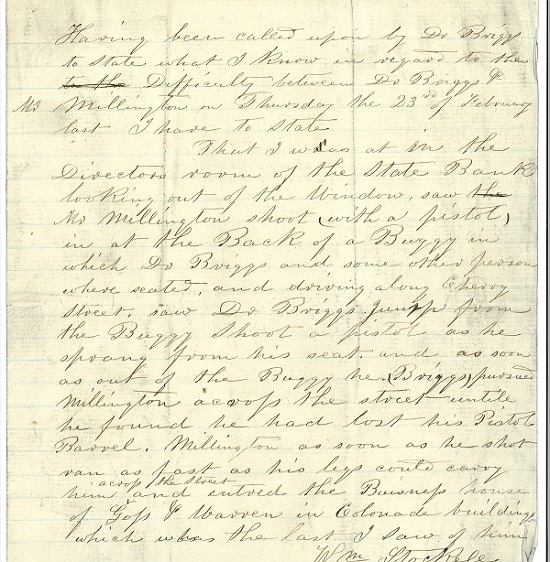
This is part II in the series about Metro Archives' work during quarantine, continuing with the projects of my boss and coworker, Ken and Kelley.
Brief recap of this series if you have not read part one: Metro Archives staff took home several projects to work on while sheltering-in-place. This series shares unique discoveries from our quarantine work. My and Drew's projects were covered in part one.
In addition to adapting to a new work environment during quarantine, we all also gained new coworkers that weren't always the most cooperative. In fact, some of them were often sleeping on the job or on our work. Check out Kelley's "coworker" below.
Kelley's Project
- Sorting and arranging the correspondence from the Genevieve Baird Farris Collection
And now Ken's new "coworker", standing guard over his work...
Ken's Projects: Processing various city documents, including
- Chancery Court Chancellor’s Opinions, 1931-1951
- Historical Documents Box
- Davidson County Repatriation Records
- Nashville Receivership Docs
- Chief of Police order book from 1891-1898
- Unique court case involving a doctor



